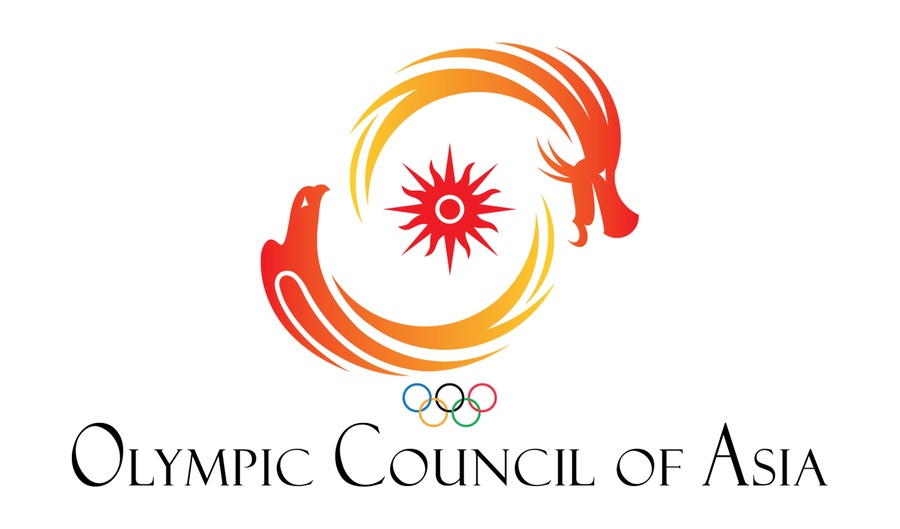Hangzhou, China, September 25, 2023: The Chair of the OCA Medical Committee and Anti-Doping Commission, Dr. Sultan Al Busaidi, told a press conference that the medical and anti-doping services had been planned for several years in the build-up to the Hangzhou Asian Games.
Addressing the media at the OCA Anti-Doping Committee press conference at the Main Media Centre on Monday, Dr. Sultan said the services were a joint operation between the OCA and HAGOC over a number of years.
Speaking about the medical services, Dr. Sultan said: "In 2019, we visited the clinics and hospitals in Hangzhou when the structures were still being built.
“We advised on emergency setup for the Games. Since then, we can see it has been done perfectly well. All the setup is in place in the clinics and hospitals as well as the medical centres in the venues."
Dr Mani Jegathesan, Adviser/Honorary Chair of the OCA Medical Committee & Anti-Doping Commission, spoke about the OCA’s anti-doping policy.
"We have gone through the whole process over a number of years. The responsibility of the medical and anti-doping committee is to provide the necessary support to the organising committee, the OCA and its members on all issues regarding two elements of the Games.
"The first is the medical services provided not only to athletes but to officials, spectators and the entire Games family from the day they enter this country until the day they leave. This responsibility falls on HAGOC and OCA, and certain standards are expected.
"The second element is to supervise the anti-doping activities. This programme has been privatised to the ITA, an independent testing agency, and they'll be conducting a set number of tests of athletes in all sports. They will have the expertise and support of staff from the China Anti-Doping Agency (CHINADA).
"The OCA wants to ensure that the rules of WADA are put in place so that our Games will comply with international rules. We will also be available to athletes and team officials to give support and advice so that they do not fall foul of the anti-doping regulations. That is our goal and that's why we are here."
Dr Jega said there were two forms of testing – pre-competition and during competition.
“The testing is based on risk of sports or intelligence reports we receive about the sport or athlete. It is impossible to test every one of these thousands of athletes in spite of the expertise that China has because samples can only be tested in WADA-accredited facilities. There is one such facility in Beijing."
Dr. Jega added that organisers were waiting for the result of between 150 to 200 tests from the Beijing lab.
"Any athlete who goes on to the field must be prepared to be tested. It is not only for medallists. All record-breakers are tested because, if not, then the record cannot be ratified.
“Every athlete must know that there is a chance he or she will be picked for testing. We do this because we want to create a drug-free Games. Or play true."

